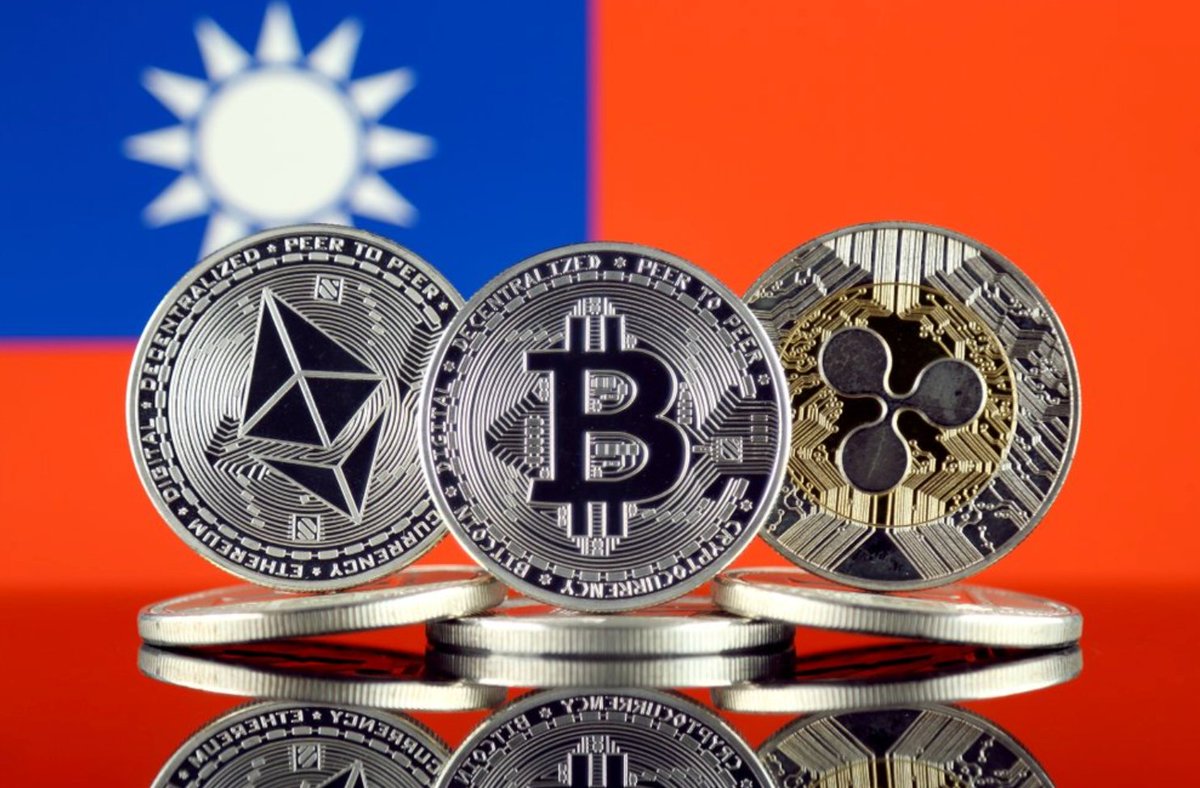
Taiwan Bans Unlicensed Foreign Exchanges from Operating
- Taiwan has introduced several policies to protect crypto users from the risks associated with crypto investing.
- Taiwan’s Financial Supervisory Commission (FSC) banned foreign crypto exchanges from operating in the nation without a license.
- Binance reportedly applied for a license in Taiwan under the Money Laundering Control Act and the FSC.
Taiwan’s Financial Supervisory Commission (FSC) has unveiled a new set of strict policies forbidding unregistered foreign crypto exchanges from operating there. The regulator said the measures were part of the country’s commitment to improve investor protection and encourage responsible conduct in the cryptocurrency sector.
The FCS’s new guidelines are primarily directed at Taiwan-based virtual asset service providers (VASPs). The regulations define mechanisms for listing and delisting cryptocurrency assets, as well as standard processes such as separating the exchange’s treasury assets from client assets.
The FSC also warned foreign crypto exchanges not to operate in Taiwan without the necessary license. The regulator stated that “overseas virtual asset platform operators are not allowed to provide business within the territory of the country […] unless they have been registered in accordance with the law.”
The regulator also encouraged VASPs to support self-regulation in the cryptocurrency sector, as appropriate VASP organizations are expected to develop self-regulatory standards based on the guidelines’ content.
The FSC added that “platforms should implement customer protection regulations based on the principles of fairness and reasonableness, equality, reciprocity, and good faith.”
In addition, Taiwanese lawmakers recently proposed a revision to the law to establish a specific bureau within the FSC for crypto-related matters. If approved, this plan would bring the crypto industry to the FCS’s jurisdiction alongside insurance, banking, auditing, and securities.
Taiwan now joins the growing list of countries implementing stricter policies for the crypto industry. Taiwan claims that it plans to protect crypto operators and investors by modeling its policies after those adopted by the European Union, Japan, and South Korea.







